As a first-time home buyer, you might be wondering which mortgage options are available and how to choose the right one for your situation. The good news is that today’s market offers numerous mortgage solutions designed specifically for first-time buyers. Whether you have savings set aside or need assistance, there’s likely a home mortgage for first-time buyers that fits your circumstances.
Conventional Mortgage Options for First-Time Buyers
Fixed-Rate Mortgages
Fixed-rate mortgages provide consistency and predictability. With this option, your interest rate stays the same throughout the loan term, meaning your principal and interest payments never change.
The most common terms are 30-year fixed mortgages, which offer lower monthly payments spread over a longer period. However, 15-year fixed mortgages are worth considering if you can manage higher monthly payments, as they build equity faster and save thousands in interest over the life of the loan.
Adjustable-Rate Mortgages (ARMs)
Adjustable-rate mortgages (ARMs) offer lower initial interest rates than fixed-rate options, making them attractive for first-time home buyers who don’t plan to stay in their homes long-term. They can also be ideal if you plan to move or refinance before the fixed period ends, but they carry more risk if interest rates rise.
These loans feature an initial fixed-rate period (typically 3, 5, 7, or 10 years), after which the rate adjusts periodically based on market indexes. For example, a 5/1 ARM keeps the same rate for five years and then adjusts annually thereafter.
Government-Backed Loan Programs
FHA Loans
FHA loans, backed by the Federal Housing Administration, are a popular home mortgage for first-time home buyers. These loans require as little as a 3.5 percent down payment with a credit score of 580 or higher. Buyers with credit scores between 500-579 may still qualify with a 10 percent down payment.
The appeal of FHA loans extends beyond the low down payment requirement. These mortgages also offer:
- More flexible credit guidelines than conventional loans
- Lower reserve requirements
- Higher debt-to-income ratio allowances
- Competitive interest rates despite credit challenges
For first-time buyers concerned about bad credit, FHA loans often serve as the go-to bad credit mortgage first-time buyer option. However, it’s important to note that all FHA loans require mortgage insurance premiums—both upfront and annual—regardless of down payment size.
VA Loans
VA loans, guaranteed by the Department of Veterans Affairs, offer exceptional benefits to qualified veterans, active-duty service members, and eligible surviving spouses buying their first home.
Features of VA loans include:
- No down payment requirement
- No private mortgage insurance
- Competitive interest rates
- Limited closing costs
- More forgiving credit requirements
For first-time home buyers who qualify for VA loans, this program typically provides the most affordable path to homeownership. Eligibility is based on service requirements rather than income or credit thresholds, though lenders still establish minimum credit standards.
USDA Loans
USDA loans, guaranteed by the U.S. Department of Agriculture, enable first-time home buyers to purchase properties in designated rural and suburban areas with no down payment.
Benefits of USDA loans include:
- No down payment
- Lower mortgage insurance costs than FHA loans
- Competitive interest rates
- Income limits based on location and household size
While USDA loans require properties to be in eligible rural areas, many suburban neighborhoods also qualify. These loans are particularly valuable for moderate-income first-time buyers who want to purchase outside major urban centers.
Mortgage Options for First-Time Buyers with Credit Challenges
Credit issues shouldn’t automatically disqualify you from homeownership. Bad credit mortgage first-time buyer options exist to help those with less-than-perfect credit histories achieve their homeownership dreams.
FHA loans remain the primary mortgage option for first-time buyers with credit challenges. They offer:
- Lower Credit Score Requirements: While conventional loans typically require scores of 620+, FHA loans may accept scores as low as 580 with a 3.5 percent down payment or even 500-579 with a 10 percent down payment.
- More Lenient on Previous Credit Issues: FHA guidelines allow for approval just 2 years after bankruptcy and 3 years after foreclosure—significantly shorter than conventional loan waiting periods.
- Manual Underwriting Options: For buyers with limited credit history or unusual circumstances, FHA loans offer manual underwriting that considers the full financial picture rather than just credit scores.
The trade-off comes in the form of mortgage insurance premiums that last for the life of the loan in most cases, but for many credit-challenged first-time buyers, FHA represents the most accessible path to homeownership.
Bringing in additional parties can also help first-time buyers qualify:
- FHA and some conventional loans allow parents or other relatives to co-sign without living in the home, using their credit and income to strengthen the application.
- Some lenders offer programs for relatives or friends to purchase together, overcoming individual credit limitations.
- Lease-to-own with Option to Purchase allows buyers time to build credit while already living in their future home, with a portion of rent often credited toward the eventual down payment.
Don’t let confusion about mortgage options delay your homeownership journey. Contact your local REMAX agent to discuss your first-time buyer goals and get advice on the mortgage programs and first-time homebuyer incentives that might work best for you.







